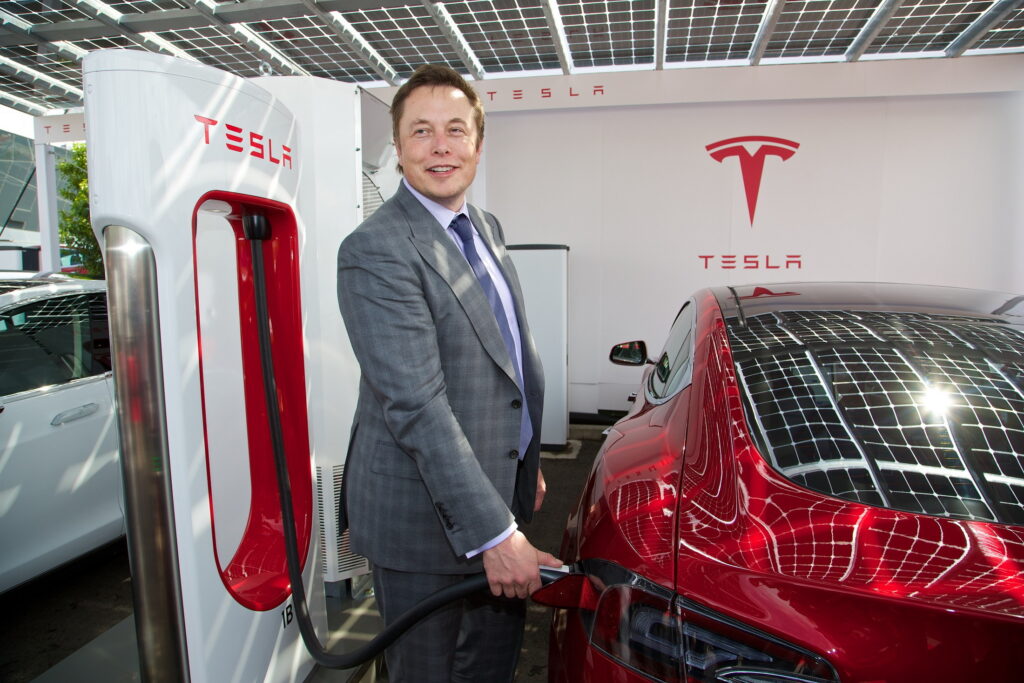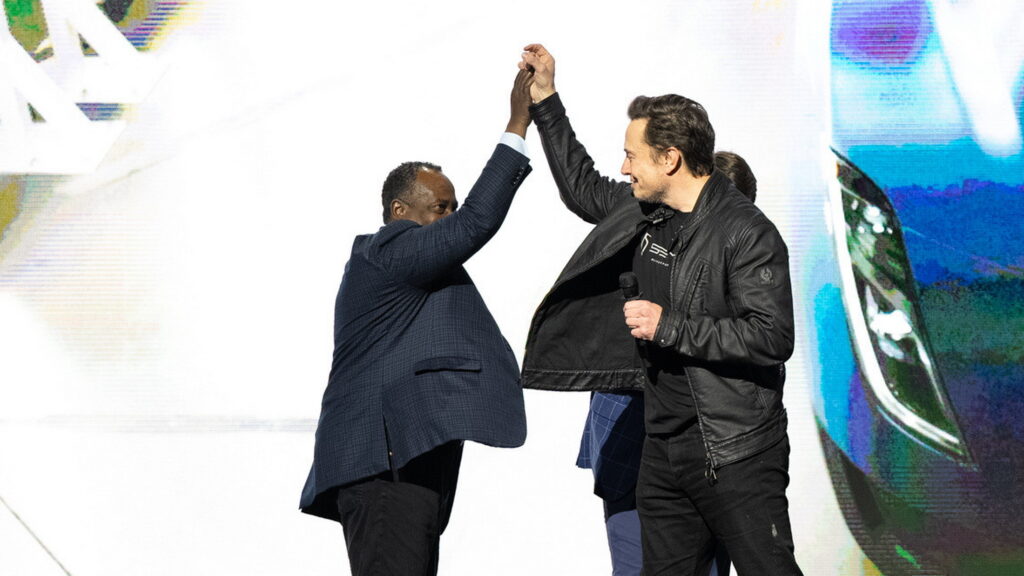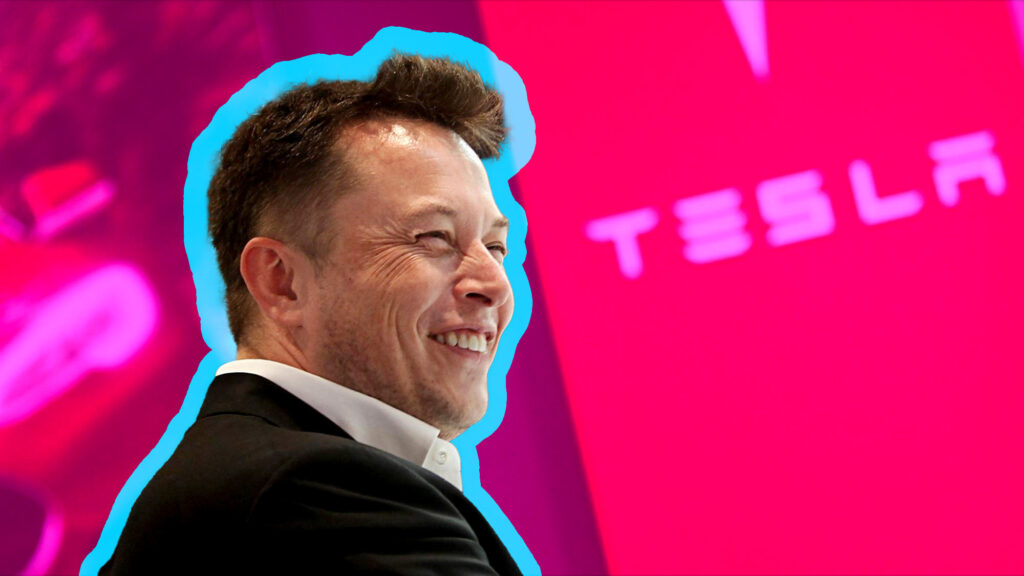- Tesla’s public image is closely associated with its firebrand CEO, Elon Musk
- Several controversies have complicated Musk’s image, especially among the left-leaning consumers
- Tesla is expected to have had one of its most disappointing first quarters on record
Fewer and fewer people are considering a Tesla for their next vehicle, as the actions of the company’s divisive CEO appear to be pushing away customers interested in electric vehicles, new research shows.
Tesla is expected to report disappointing sales results in the first quarter of 2024, and while the reasons for that are many, the CEO’s increasingly right-wing statements seem to be alienating its customers, who tend to lean left politically.
More: Tesla Faces Worst Quarter Since 2022 As Slow Sales Hit Stock Price
“It’s very likely that Musk himself is contributing to [Tesla’s] reputational downfall,” Shahar Silbershatz, the CEO of market intelligence firm Caliber, told Reuters. He said that 83 percent of Americans surveyed connect Musk with the automaker.
Early on, that was a good thing, as Musk’s reputation as a bold disruptor helped establish the company as an exciting underdog taking on the automotive establishment. After buying Twitter, rebranding it to X, promoting an antisemitic post, allowing hate speech to proliferate on the platform and within his factories, telling advertisers to “go fuck themselves,” and espousing right-wing talking points about immigration and “woke” culture, his close association with the brand may have become a liability.

42 percent of Americans had an unfavorable view of Musk in 2023, up from 34 percent in 2022. In 2024, the company’s reputation has worsened in the Netherlands, France, the UK, and Australia, according to surveys.
Caliber data shows that Tesla’s consideration score is 31 percent, less than half of what it was when the firm started tracking consumer interest in the brand in 2021 (70 percent). Worse still, the company’s score has lost 8 percentage points since January, as consideration of traditional brands entering the market with EVs (such as BMW, Audi, and Mercedes) grew.
Tesla has blamed high-interest rates for cutting EV demand, which is an argument with merit. However, the automaker appears to be feeling the crunch more than others. While its Q1 sales are expected to grow by 3 percent year-over-year, Cox projects that the rest of the EV industry’s sales will grow by 15 percent in the U.S.
“The EV slowdown is shaping up to be a Tesla slowdown,” Cox analyst Stephanie Valdez Streaty said last week. That may not spell doom for the company, though.
Tesla customers remain unusually loyal, and many are willing to overlook Musk’s behavior because of the performance of the automaker’s vehicles and its charging infrastructure. Others aren’t, though, and as more and more automakers enter the market with EVs that can compete, that may be a big problem for Tesla.





